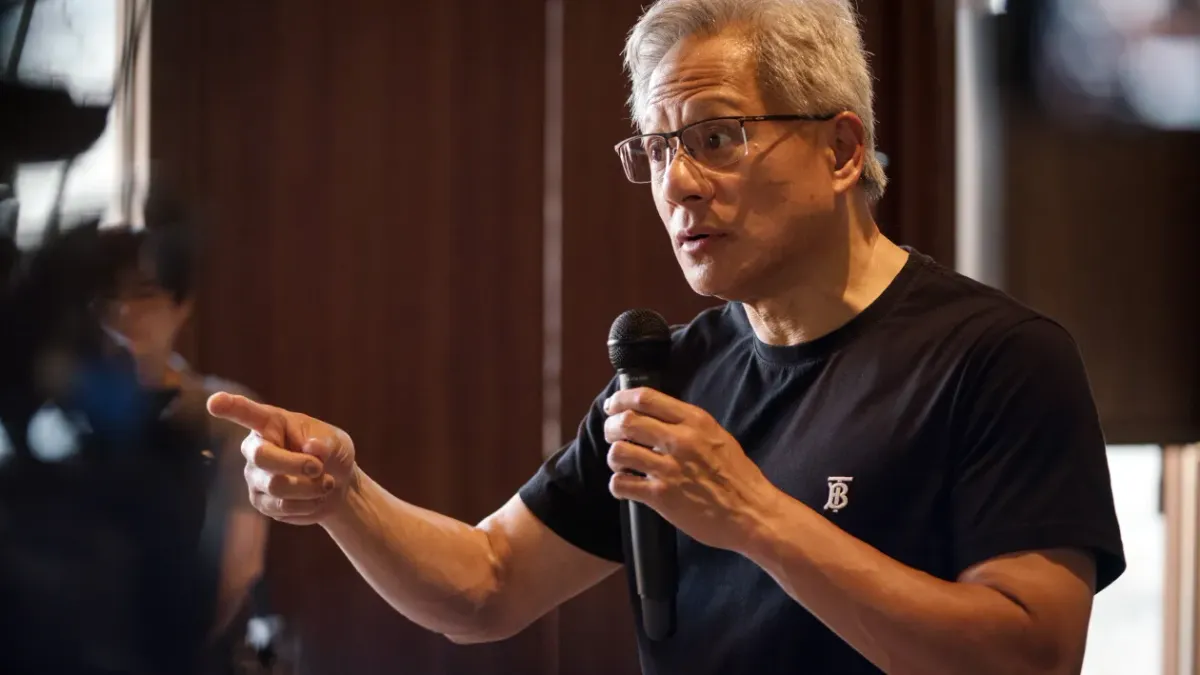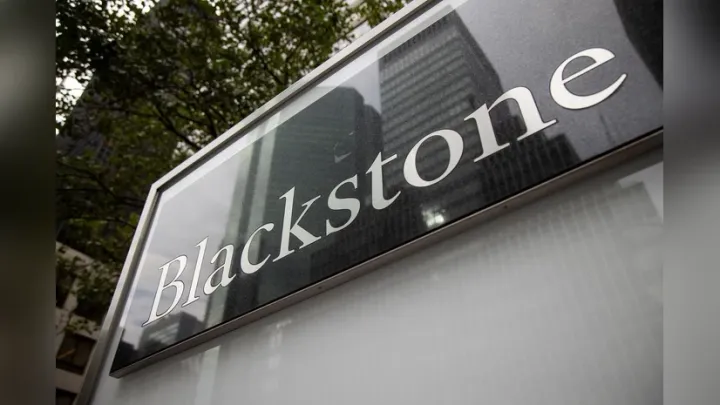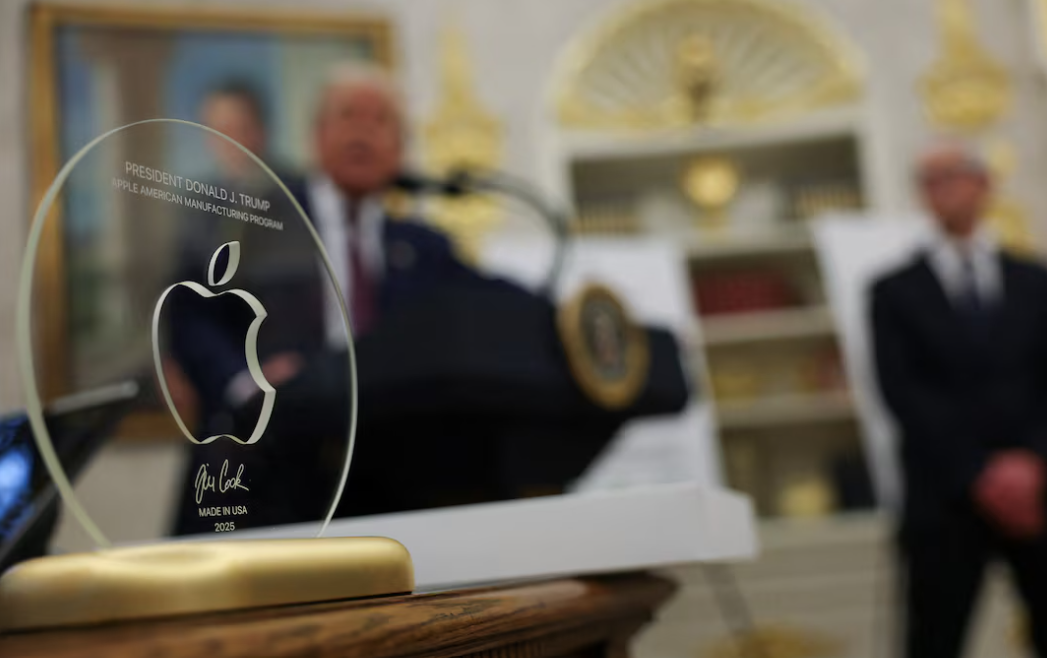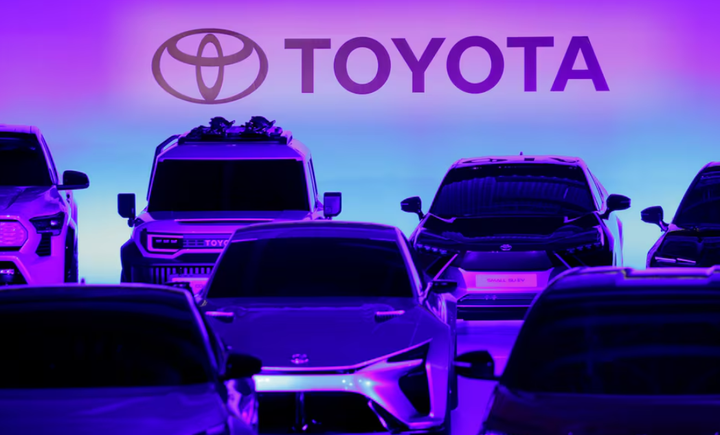Nvidia CEO Jensen Huang Sees High-End Chip Sales to China as H20 Ban is Removed

In a dramatic turn of the evolving U.S.-China tech environment, Nvidia CEO Jensen Huang made the surprise declaration on July 16, 2025, that he wants to sell even higher-end AI chips to China now that the ban on the firm's H20 chip has been eased. Attending a press conference in Beijing, Huang indicated Nvidia's revived enthusiasm for catering to China's rapidly expanding AI industry and underscored the global implications of U.S. export controls on innovation and economic competition.
The move comes after the U.S. government lifted its embargo on Nvidia's H20 chip — a variant that was designed specifically to meet previous export controls. The H20, a product based on Nvidia's Hopper architecture, was created as a compromise product to maintain some presence in the Chinese market while staying out of U.S. sanctions designed to restrict China's access to advanced AI capabilities.
“I hope to get more advanced chips into China than the H20,” Huang told reporters. “Technology never stands still. Hopper is excellent, but newer and better architectures are always on the horizon. It only makes sense that, over time, what we’re allowed to sell in China also evolves.”
Navigating a Global Tightrope
Nvidia's place in the international chip race is more nuanced than ever. On the one hand, the firm reaps benefits from U.S. efforts to bring semiconductor manufacturing back home and spur domestic innovation. But on the other, it is coming under growing pressure to stay relevant in China — the second-largest economy in the world and a prospective \$50 billion AI market in the next couple of years.
Huang has tread a diplomatic tightrope, speaking publicly in favor of U.S. policy regarding domestic chip production with then-President Donald Trump, while pushing for easing of export controls to China. "Export controls are out of our hands and can greatly damage our business," he said. "It's our job to educate governments on the real-world effects and unintended outcomes of such policy.
Nvidia wrote down $4.5 billion in May 2025 on unsold H20 inventory because of past restrictions. In the absence of the export ban, the company said last quarter's revenue could have been $2.5 billion more.
China's Increasing Tech Autonomy
At the same time, Huang recognized that Chinese technology players, particularly Huawei, are rapidly developing. "Huawei is a serious competitor," he said to CNBC. "If American companies are outside the Chinese AI ecosystem, China has its own solutions waiting to fill in."
The issue isn't business — it's geopolitical. If China were to become self-sufficient in AI infrastructure, American companies would be shut out of one of the most strategic and rapidly expanding markets.
Nevertheless, American officials are giving hints of permitting modest technology exports to China. Commerce Secretary Howard Lutnick said to CNBC that the approach is to stay ahead technologically but still allow Chinese companies to depend on U.S. technology. "The idea is to remain ahead of what China can produce. If we manage to do so, they'll continue to purchase our chips," explained Lutnick.
Looking Forward
Nvidia's future roadmap involves progressively advanced AI processors after the H20, but whether or not those would be approved for export to China is uncertain. Huang's message in Beijing was unambiguous: Nvidia is prepared and eager to compete — but only if policy permits.
As the worldwide AI race gains momentum, Nvidia's tightrope walk between government policy, market demand, and leadership in innovation is increasingly vital — for its own future, but for the direction of world technology as well.
FAQs
Why was Nvidia's H20 chip originally banned from sale to China?
The H20 chip had been crafted to meet U.S. export control regulations, but shifting regulatory views resulted in a short-term ban to avoid allowing China access to powerful AI chips. It has since been cleared for export.
What distinguishes the H20 chip from Nvidia's most sophisticated chips?
The H20 is a watered-down form of Nvidia's higher-end chips, manufactured based on the Hopper architecture. It comes with less performance and capability than the leading models, to meet U.S. export controls.
Why does Nvidia want to sell more advanced chips to China?
Jensen Huang estimates the Chinese AI market to be a $50 billion opportunity over the next few years. By selling more sophisticated chips, Nvidia can compete more effectively and remain a prime participant in one of the world's most significant tech economies.
Might the U.S. permit Nvidia to sell more powerful chips to China in the future?
It's conceivable. U.S. officials such as Commerce Secretary Howard Lutnick have suggested granting limited sales, as long as American companies remain technologically superior. But choices will probably remain tightly tied to geopolitics.
How did the H20 prohibition affect Nvidia's operations?
The prohibition resulted in a $4.5 billion writedown of unasold stock and cut quarterly revenue by an estimated $2.5 billion. This demonstrates the vulnerability of Nvidia's business to global trade policy.



